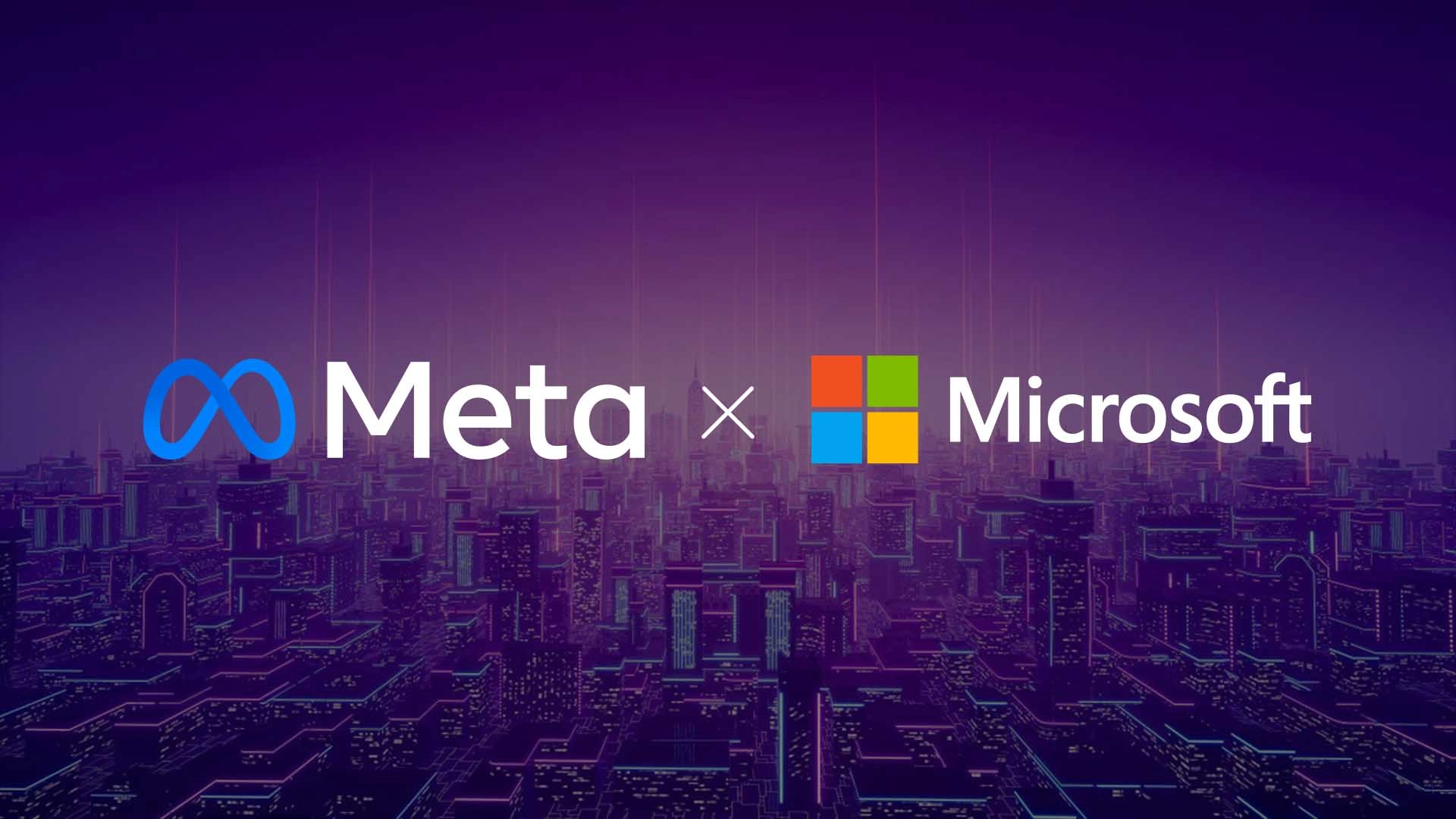The realm of artificial intelligence (AI) has witnessed significant advancements, with tech giants like Meta and Microsoft shaping the future of this technology. Both companies have developed distinctive approaches tailored to their core user bases—Meta focusing on enhancing consumer experiences and Microsoft on empowering enterprise applications.
Meta AI: Integration Across Consumer Platforms
Meta AI, previously known as Facebook AI, is integrated deeply within Meta’s social media and communication platforms. This integration allows users to access AI-powered features like content recommendations, creative tools, and informational assistance without switching applications. For example, Meta AI can offer restaurant suggestions or help with homework directly within chats on platforms like Messenger and WhatsApp.
Microsoft AI: A Foundation for Enterprise Solutions
Conversely, Microsoft has embedded its AI technologies across a range of products, particularly emphasizing tools for productivity and enterprise applications. Microsoft’s strategic partnerships, notably with OpenAI, have strengthened its AI offerings. These collaborations have been pivotal in developing sophisticated AI capabilities that are integrated into Microsoft’s cloud services, productivity software, and more, aiming to enhance efficiency and innovation at scale.
Strategic Directions and Innovations
Meta has prioritized making AI accessible and engaging for the average consumer, enhancing everyday interactions across its platforms. This includes features like the new Meta AI, built with Llama 3, designed to improve user experience with more intuitive and responsive interactions.
On the other hand, Microsoft continues to invest heavily in AI research and infrastructure, ensuring robust support for AI applications. This includes expanding its Azure AI capabilities and introducing innovative AI models such as GPT-4o, which integrate multimodal functionalities that advance conversational and generative AI applications.
Collaborations and Industry Impact
Both companies emphasize collaboration but with different focal points. Meta’s AI advancements largely remain within its ecosystem, enhancing the user experience and engagement. Microsoft, however, leverages its collaborations, like those with OpenAI, to enhance its AI frameworks and infrastructure, which not only benefit Microsoft’s direct customers but also foster broader technological advancements across various industries.
As AI continues to evolve, both Meta and Microsoft are positioning themselves as leaders in the field through distinct strategies that reflect their business models and target audiences. Meta’s consumer-centric AI enhances daily digital interactions, while Microsoft’s enterprise-focused AI drives professional productivity and industry-specific solutions. The ongoing developments from both companies signify a dynamic and expansive future for AI technology.







